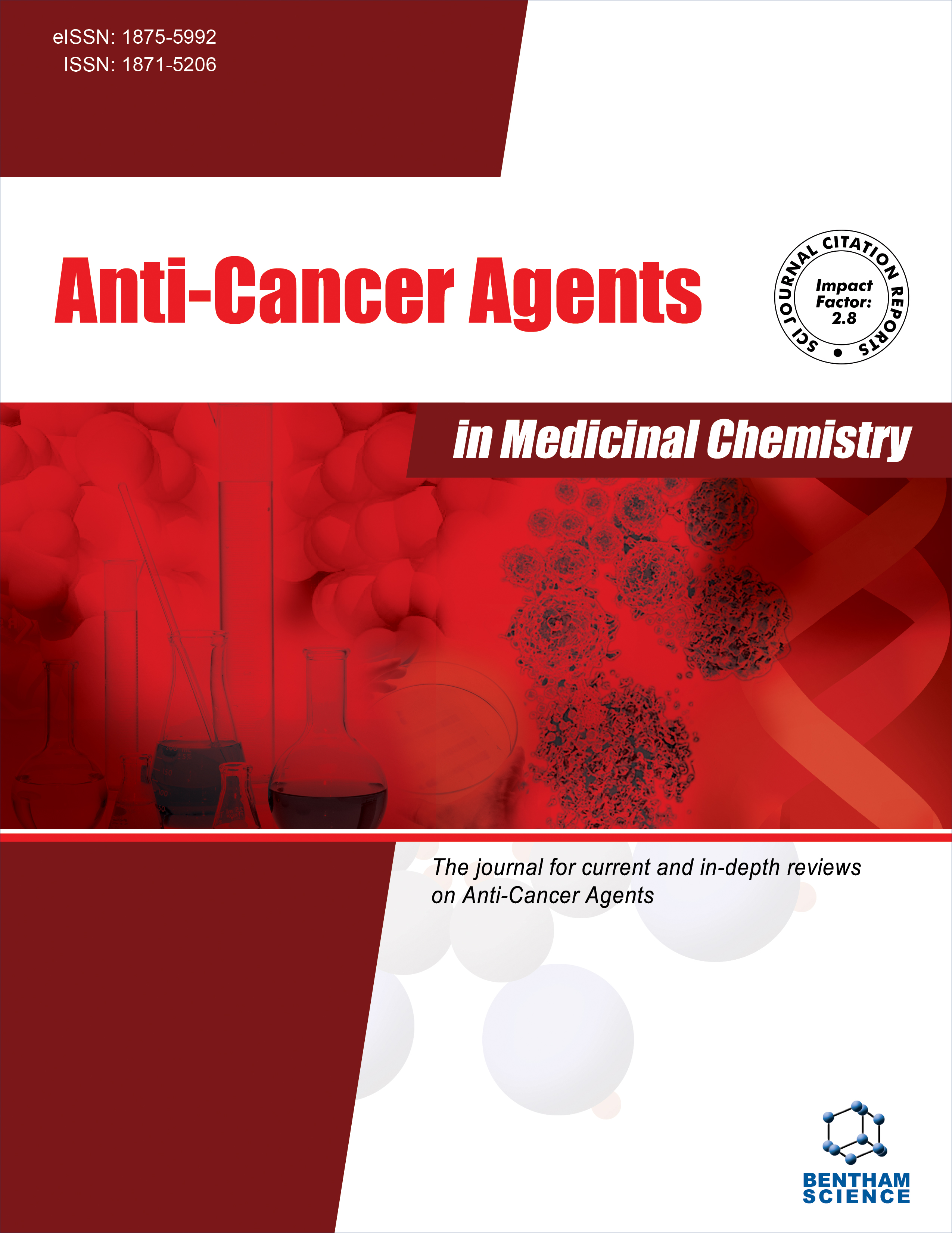
Full text loading...
Previous studies have reported that the cGMP-specific PDE5 isozyme is overexpressed in colon adenomas and adenocarcinomas and essential for colon cancer cell proliferation, while PDE5 selective inhibitors (e.g., sildenafil) have been reported to have cancer chemopreventive activity.
This study aimed to determine the anticancer activity of a novel PDE5 inhibitor, RF26, using colorectal cancer (CRC) cells and the role of PDE5 in CRC tumor growth in vivo.
The objective of this study was to characterize the anticancer activity of a novel celecoxib derivative, RF26, in CRC cells previously reported to lack COX-2 inhibition but have potent PDE5 inhibitory activity.
Anticancer activity of RF26 was studied using human CRC cell lines. Effects on cell growth, cGMP-dependent protein kinase (PKG) activity, β-catenin levels, TCF/LEF transcriptional activity, cell cycle distribution, and apoptosis were measured. CRISPR/cas9 PDE5 knockout techniques were used to determine if PDE5 mediates the anticancer activity of RF26 and validate PDE5 as a cancer target.
RF26 was appreciably more potent than celecoxib and sildenafil to suppress CRC cell growth and was effective at concentrations that activated PKG signaling. RF26 suppressed β-catenin levels and TCF/LEF transcriptional activity and induced G1 cell cycle arrest and apoptosis within the same concentration range. CRISPR/cas9 PDE5 knockout CRC cells displayed reduced sensitivity to RF26, proliferated slower than parental cells, and failed to establish tumors in mice.
Further evaluation of RF26 for the prevention or treatment of cancer and studying the role of PDE5 in tumorigenesis are warranted.

Article metrics loading...

Full text loading...
References


Data & Media loading...
Supplements

